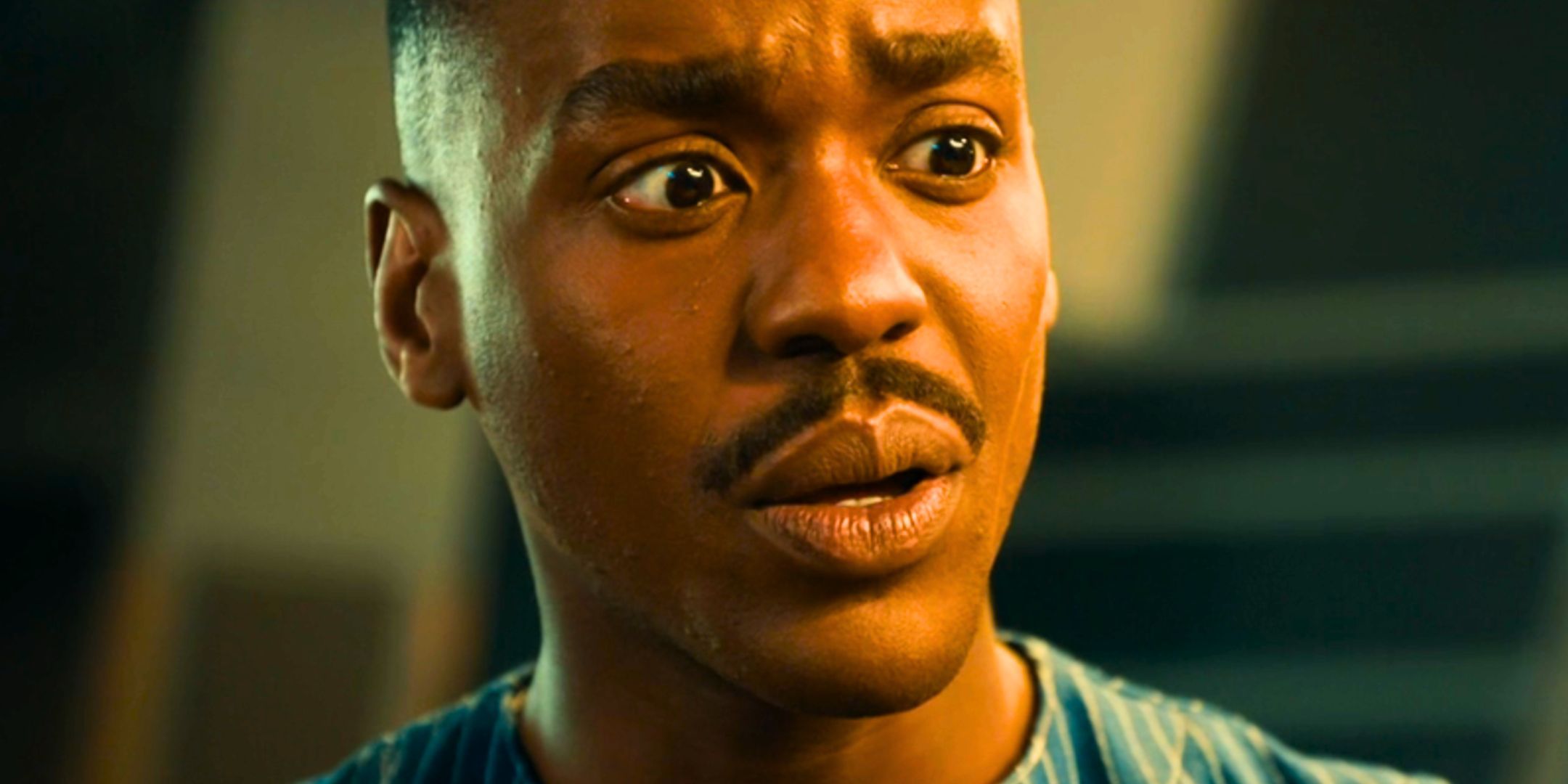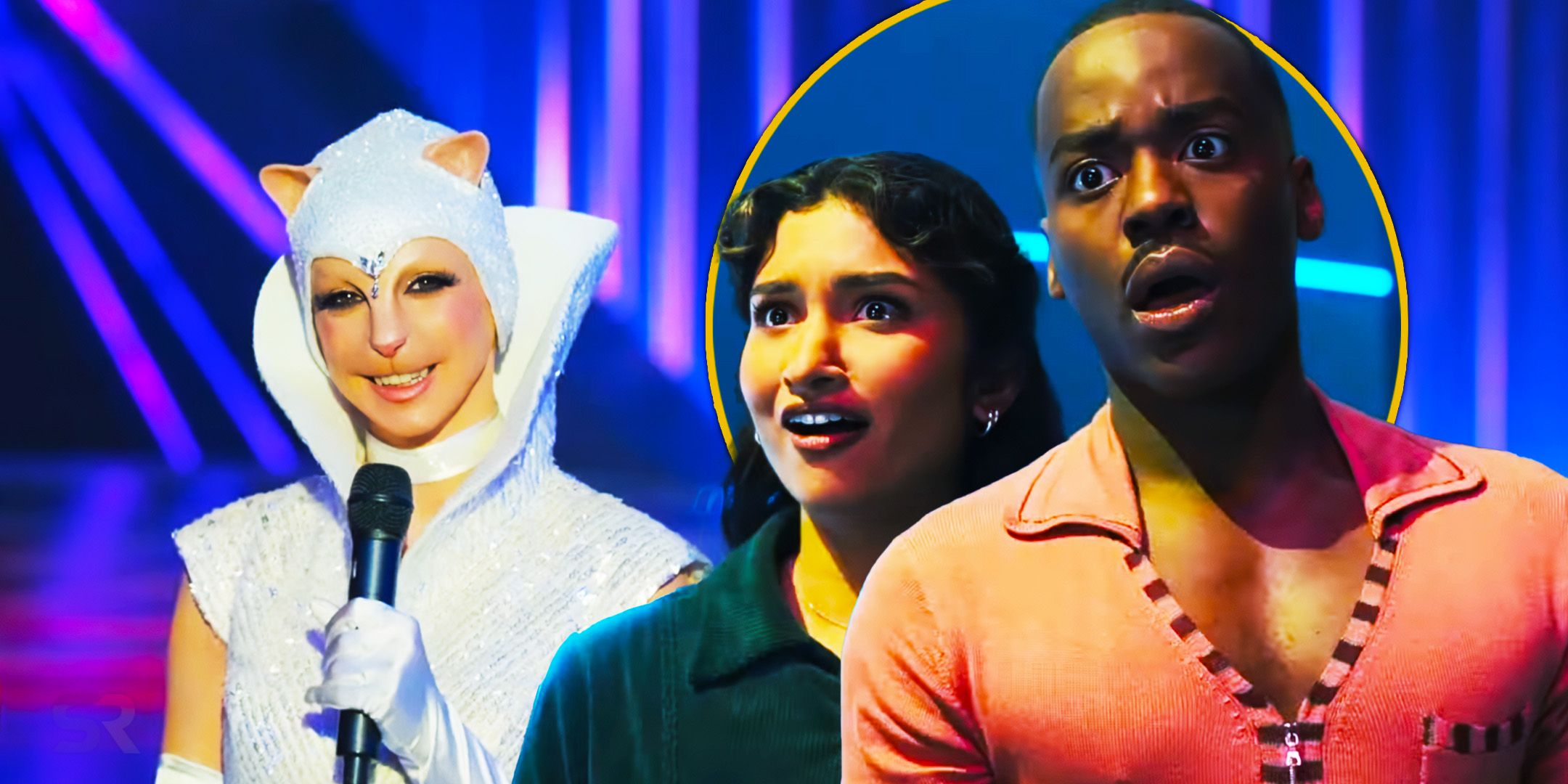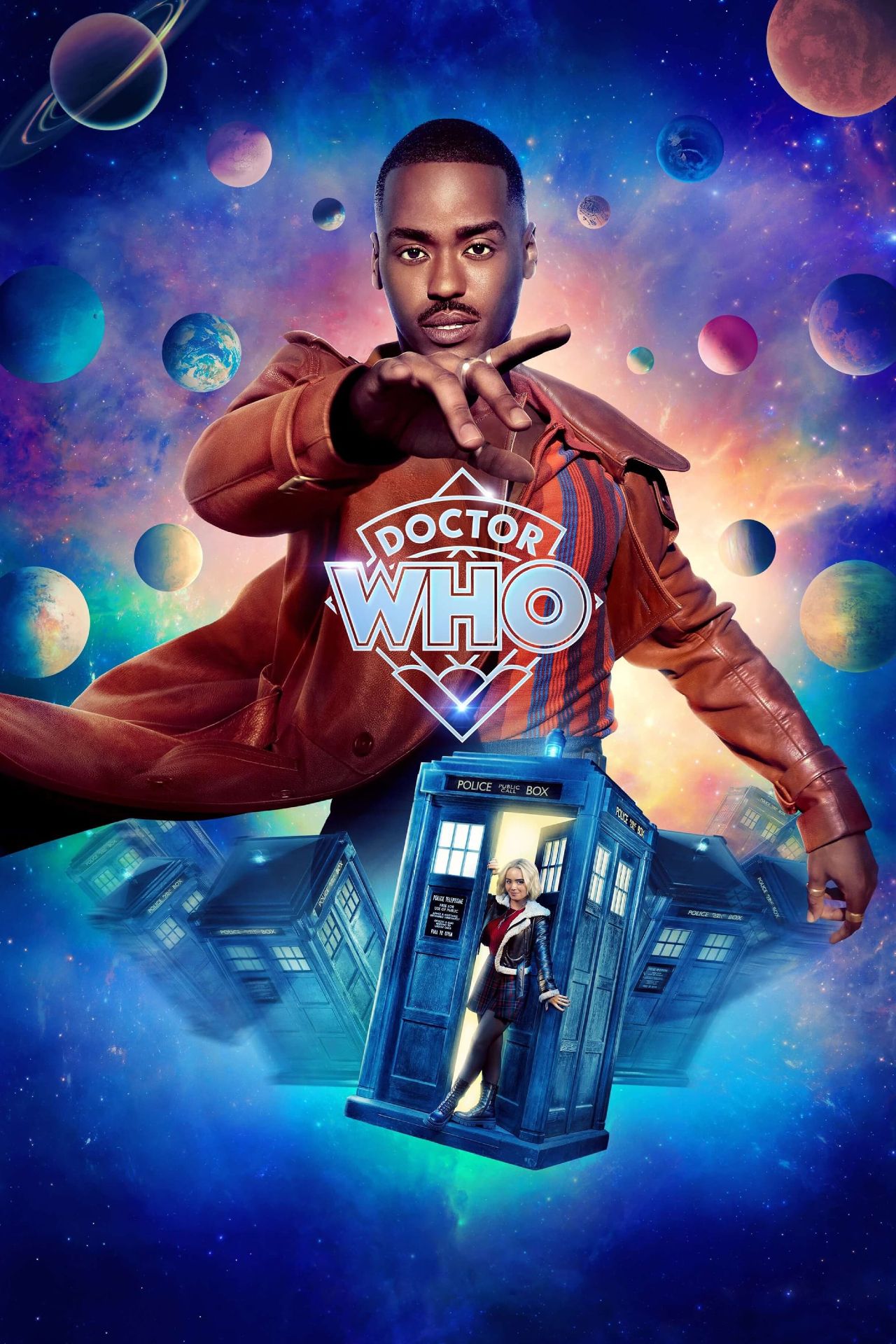Warning: This article includes SPOILERS for Doctor Who season 15!
Ncuti Gatwa’s Fifteenth Doctor introduced a dark new side of Doctor Who’s main character, and I need the Sixteenth Doctor to continue it. Over the past six decades of Doctor Who, the main character has changed personalities and appearances many times, creating one of the most complex characters I’ve ever seen on TV. Though I haven’t loved every version of the Doctor, I enjoy seeing what each actor playing the character and the episode writers bring to the table.
Actor Ncuti Gatwa’s Fifteenth Doctor started the Modern Who era, introducing a wider group of viewers to the character while trying to win over existing fans. Fifteen maintained some personality traits of past Doctors while also establishing their unique persona in Doctor Who. Like with every version of the Doctor, not every fan vibed with Gatwa’s version of the character. However, I found a lot of lovable things about the Fifteen. Most notably, I enjoyed the hidden darkness subtly influencing the Fifteenth Doctor’s actions, and I’m hopeful that Sixteen will continue the trend.
Ncuti Gatwa’s Fifteenth Doctor Had A Hidden Dark Side
The Fifteenth Doctor Wasn’t Just Happy And Sad In Doctor Who
Even though the Fifteenth Doctor presented themselves as a rehabilitated version of the character, I never fully bought into that idea. I think Fifteen is trying to convince themselves that they are healed just as much as they are trying to persuade the other characters and the audience. The character might be lighthearted and jovial most of the time, but Fifteen had a hidden dark side that was bubbling under the surface since the beginning.
Related
Ncuti Gatwa’s Doctor Who Era Ended Without Solving Its Biggest Mystery
The Fifteenth Doctor’s era introduced a two-year-long mystery that was never openly addressed, and now it could be too late to fix things.
The Fifteenth Doctor intentionally scares the babies in Space Babies and then laughs at them. They also repeatedly defy their pacifist beliefs. He justifiably rages at the end of “Dot and Bubble.” The Fifteenth Doctor feels so emotionally pent up in “The Story and The Engine” that they’re about to burst. They rage at Conrad, berating him for his behavior towards Ruby. For once, the Fifteenth Doctor expresses hatred that they feel to the very core of their being. Because of this, it feels like the Doctor’s outburst in “The Interstellar Song Contest” was only a matter of time.
The darkness is unique from past versions of the Doctor because the anger and maliciousness are breaking out of a version of the Doctor who is meant to be rehabilitated.
Ultimately, the peak of the Fifteenth Doctor’s dark side occurs in the Eurovision episode of Doctor Who, where they act similarly to the Ninth Doctor torturing a Dalek. Fifteen is angry, vindictive, and calculated when torturing Kid. The violent scene is, without a doubt, Ncuti Gatwa’s best Doctor Who moment despite being hard to watch. While many other Doctors have shown these personality traits before, the darkness is unique from past versions of the Doctor because the anger and maliciousness are breaking out of a version of the Doctor who is meant to be rehabilitated.
Unfortunately, the Fifteenth Doctor snapping and showing their cruel side happened so close to the regeneration that it’s crucial the Sixteenth Doctor continues to explore this. Even though different generations have different personalities, it would seem jarring to me if the character went from torturing the Hellion to being adventurous and happy again. The most logical continuation is for the Sixteenth Doctor to continue having dark outbursts while mostly being lighthearted or having a darker personality.
Doctor Who Is At Its Best When It Remembers The Doctor Can Go Too Far
Some Of The Best Doctor Who Moments Highlight The Character’s Darker Side
The most popular and recognizable versions of the Doctor – the Fourth, the Tenth, and the Eleventh Doctors – lean into the more lighthearted and cheerful side of the character. However, my favorite versions of the Doctor, the Ninth Doctor and the Seventh Doctor, show the darker side of the character. In my opinion, the darkness is integral to the Time Lord and Doctor Who as a whole. In the very first episode, “An Unearthly Child,” the Doctor nearly bludgeons a caveman to death, showing that the character can go way too far without the influence of their companions.

Related
Ncuti Gatwa had a specific goal during his time as the Fifteenth Doctor, but the writers failed to let him live out his biggest Doctor Who dream.
Not every moment or episode of Doctor Who needs to present the Doctor as a morally ambiguous character, but some of the most iconic Doctor Who episodes go there. From Classic Who, my mind goes to the Doctor burning the Master in “Planet of Fire” and manipulating Ace in “The Curse of Fenric.” From Revival Who, prime examples include the Doctor closing the door on Amy in “The Girl Who Waited,” telling a Dalek to kill itself in “Dalek,” and giving his “run away” speech to Colonel Manton in “A Good Man Goes to War.”
The dark side of the Doctor also feels extremely necessary because the character will eventually turn into Valeyard, a cruel and manipulative regeneration.
Based on the sheer amount of trauma that the Doctor goes through, it would be absurd for them not to have an unhealed side of their personality. They’ve been through war, genocide, and a constant cycle of loss when it comes to their companions. If the Doctor were just jolly and self-actualized the entire time, it would feel inauthentic. The fact that the Doctor can be a flawed and lovable protagonist is part of what makes them compelling.
Ncuti Gatwa’s Doctor Who Era Will Be Defined By Another Change To The Doctor’s Persona
The Fifteenth Doctor Will Be Remembered For His Emotional Expressiveness
Despite having a secret dark side and sinister streak, Ncuti Gatwa’s Fifteenth Doctor won’t get remembered for thinking they’re healed when they aren’t. Instead, the actor’s era will be defined by two specific personality changes that are actually rooted in the same thing. Firstly, the Fifteenth Doctor is more open to expressing love and affection. As the Thirteenth Doctor points out in the finale of Doctor Who season 15, past versions of the Doctor would never have said “I love you” to anyone.

Related
These Are The Best Doctor Who Season 15 Episodes According To Ncuti Gatwa & Varada Sethu
EXCLUSIVE: In an interview with ScreenRant, Varada Sethu and Ncuti Gatwa have selected their favorite episodes of the upcoming Doctor Who season 15.
Additionally, Fifteen will be remembered for the fact that they cry often. Very few episodes of Doctor Who season 14 and 15 don’t feature the Doctor crying. I don’t mind the crying, though I think it’s a little bit more frequent than I’d like. However, it has become a bit of a meme at this point, so that’s what will stick around on the internet. Both of these things come back to the Fifteenth Doctor being more emotionally vulnerable than past regenerations.
Unfortunately, the Fifteenth Doctor’s less picturesque traits won’t be remembered because Ncuti Gatwa said goodbye to Doctor Who after just two seasons. The climax of Fifteen’s rage and vindictiveness only came out at the end of “The Interstellar Song Contest,” which was the last episode before the two-part finale. If the regeneration were given more time, perhaps Ncuti Gatwa’s Doctor would be remembered for having a dark side. However, the Sixteenth Doctor can pick up the mantle, continuing to explore this part of the Doctor Who character.

- Release Date
-
December 25, 2023
- Directors
-
Douglas Camfield, David Maloney, Christopher Barry, Michael E. Briant, Barry Letts, Michael Ferguson, Richard Martin, Peter Moffatt, Pennant Roberts, Lennie Mayne, Chris Clough, Ron Jones, Paddy Russell, Paul Bernard, Michael Hayes, Timothy Combe, Morris Barry, Gerald Blake, Graeme Harper, Waris Hussein, Rodney Bennett, Mervyn Pinfield, Hugh David, John Gorrie
This story originally appeared on Screenrant



